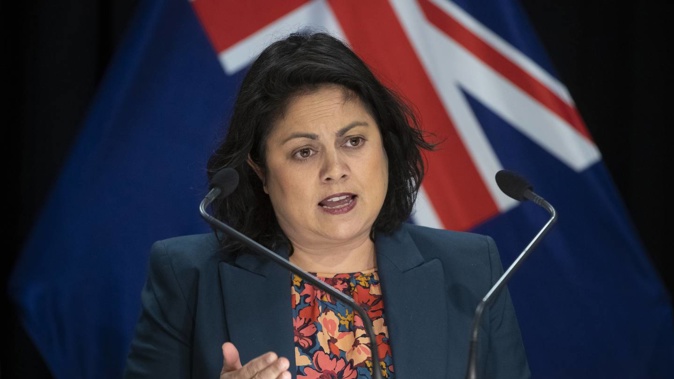
The Government is hoping to fast-track 130 extra nurses in the coming months who would otherwise start their nursing studies next year.
“All of these students are currently on a waiting list and would otherwise have been deferred to 2024,” Health Minister Ayesha Verrall announced today.
Verrall also said there would be an additional 700 clinical placements nationwide next year, a response to the New Zealand Nurses Organisation’s Maranga Mai campaign for more nurses to be trained. Clinical placements are a requirement of the Nursing Council as part of their practical education.
“An increase in 830 clinical placement opportunities means hundreds more home-grown nurses can gain their registration to work in New Zealand,” she said.
It comes as frontline medical professionals have laid bare the staffing shortages that are putting emergency departments under unprecedented strain.
Overcrowded emergency departments are an indicator of stress in the wider health system, experts say, reflecting not just the treatment available for the acutely unwell but issues in primary care and hospital services upstream.
Around the country, staff say they’re confronted daily with overflowing EDs but don’t have the resources to cope.
Nurses say their staffing shortages are acute.
“We have an incredibly junior workforce dealing with a high workload and high stress,” a senior nurse in the department told the Weekend Herald.
Data from Auckland City Hospital’s health and safety monitoring system shows that staff have repeatedly escalated concerns about understaffing to their senior managers in the past few years.
According to figures obtained under the Official Information Act, there were 169 unsafe staffing reports filed in 2019-20; 361 in 2020-21; and 292 in the last financial year. These figures understate the reality, staff say, because they are often too busy to fill out the paperwork necessary to submit a report, or don’t bother doing so because they don’t think it will make a difference.
Faced with unmanageable workloads, nurses at North Shore Hospital were struggling to carry out routine tasks, a health and safety representative said. The stress was impacting their personal lives. Some struggled to sleep before shifts. Others were so burnt out they had taken time off work.
“This is the perfect climate for a sentinel event,” said a provisional improvement notice, filed on behalf of nursing staff at North Shore Hospital, in October 2022.
Verrall said in a statement that the Government is working hard to address workforce pressures.
“Since the end of 2021 we have recruited 1000 more nurses and increased pay for most nurses by 14 percent. We are starting to see results. More than 8000 nurses registered for the first time in the 2022/23 registration year, a 60 percent increase from the around 5000 nurses who registered for the first time in the previous year.
“This boost to nurse training places is a significant investment and an important step towards creating more opportunities for New Zealanders to become a nurse.”
Take your Radio, Podcasts and Music with you









